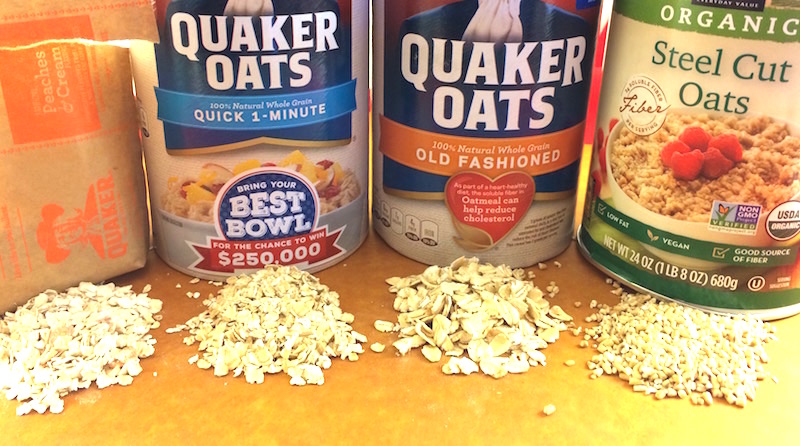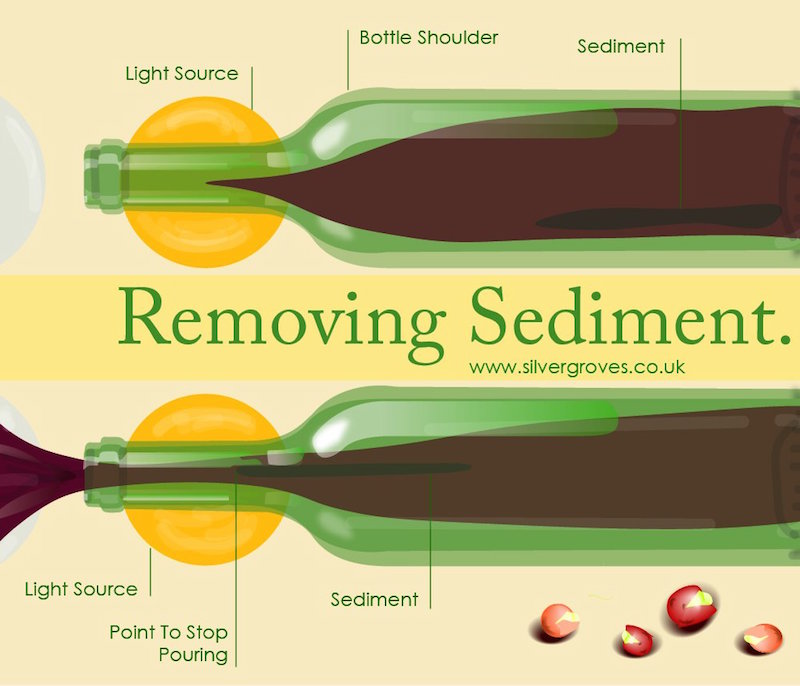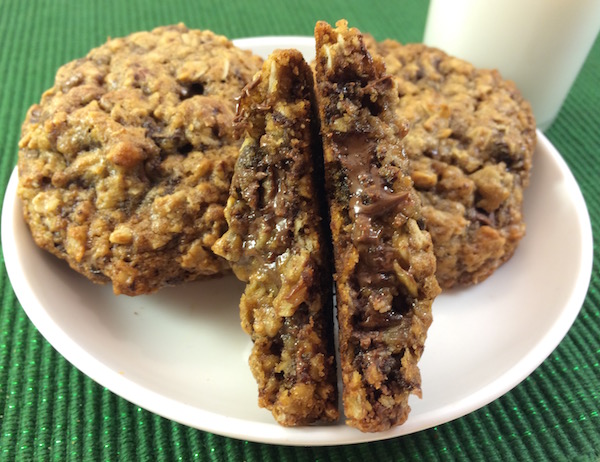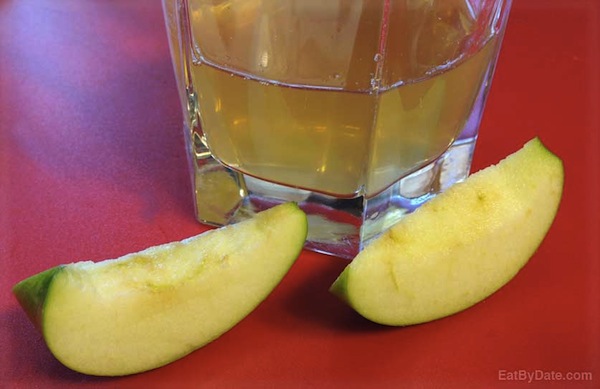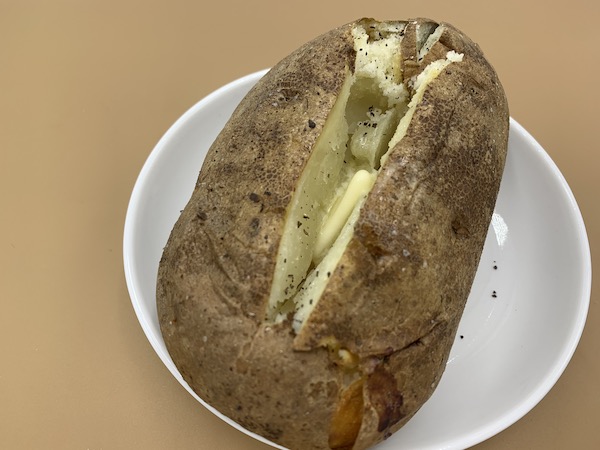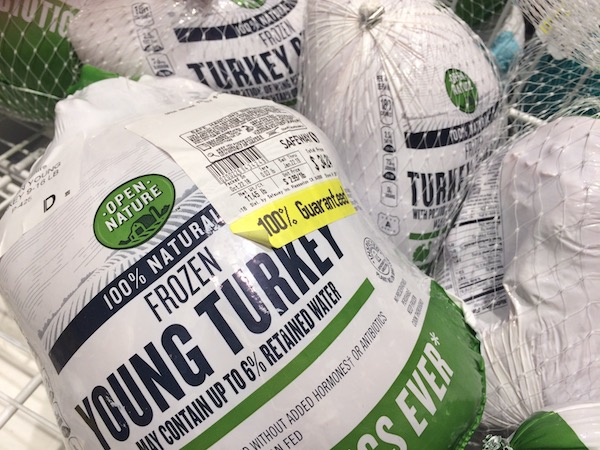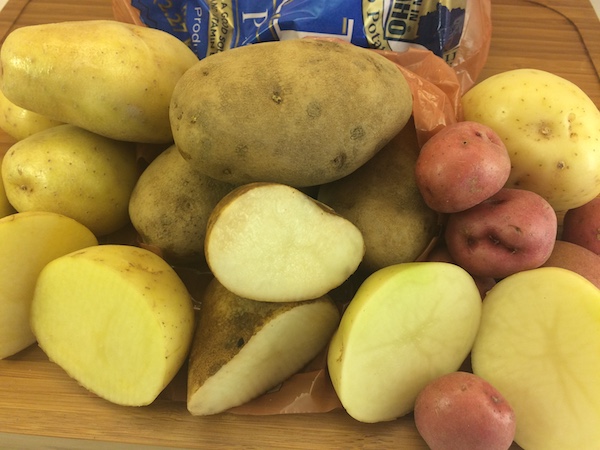What Does Organic Mean?
What does organic mean?
Answer:
One of the largest growing and often most coveted food labels is “organic”. If you reach for the organic label, you should understand what organic means. Organic products used to be available at your local farmers markets and whole foods stores, but are now popping up everywhere. At Costco stores, in California at least, product pricing signs are displayed on cards with a green background (get the significance?) instead of white like all their other products. These green signed products are all grouped together within the warehouse and are quickly taking up more and more floor space each time you visit. They must be selling, as they keep expanding their inventory. So, let’s explore exactly what does organic means?

Organic Definition
Definition of Organic
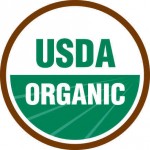 If a product carries this USDA organic seal then
that means that 95% or more of that products
ingredients are organically produced. But, exactly
what does organic mean?
If a product carries this USDA organic seal then
that means that 95% or more of that products
ingredients are organically produced. But, exactly
what does organic mean?
The term “organic” refers to the way a product was grown. A product is organically produced if it was grown without the use of any fertilizers, herbicides, or synthetic pesticides. If something has the USDA organic seal (as shown) it was also grown without the use of any genetically modified ingredients.
How To Read Organic Food Labels
| What Does Organic Mean | Definition |
| “USDA Organic“ | 95% or more of the ingredients were grown organically. |
| “Made With Organic Ingredients“ | 70% of the ingredients were grown organically. |
What Does Organic Mean
Choosing Organic
So, now that you know what organic means, why should you choose to consume organic products? If you’re concerned about the environment then you may want to choose organic to help limit crop spraying which releases chemicals into the air. If you’re concerned about ingesting pesticides (chemicals that kill small bugs) then you may also choose to reach for products labeled “organic”. It should also be noted that the organic label has nothing to do with other things like fat or calories in the product.
One last thing to consider with the organic label is the pricing. Carrying the organic label gives the product an exclusivity. It’s almost like an elite status in the grocery market and usually demands a higher price as such.
As with all food labeling, watch the wording if eating organic is important to you. If something is labeled “made with organic ingredients” then only 70% of the ingredients in that product meet the organic standard. Are there enough pesticides in 30% of the product to negate the clean 70%? That’s left to ponder and may vary by product.
Additional Info
To understand other labeling terminology, see how to read food labels.


